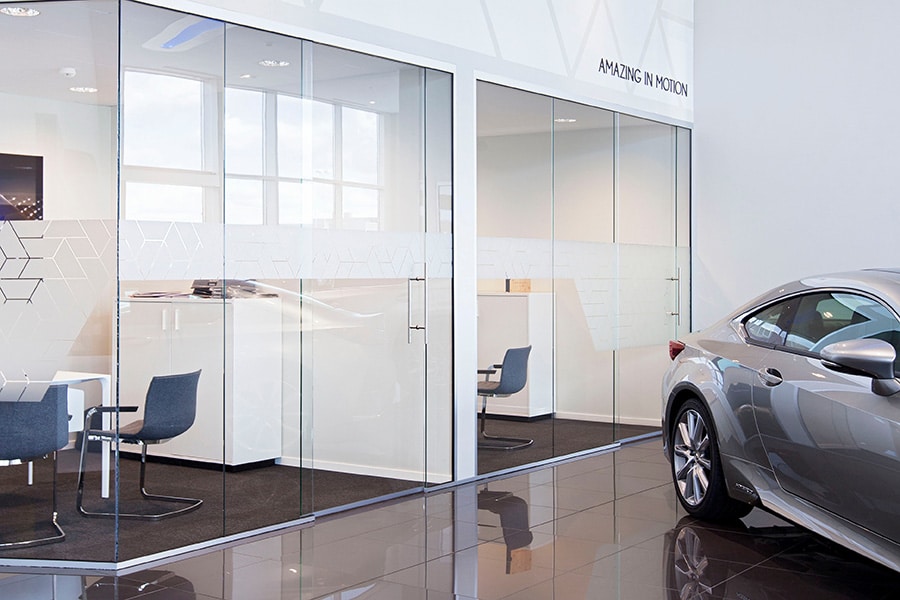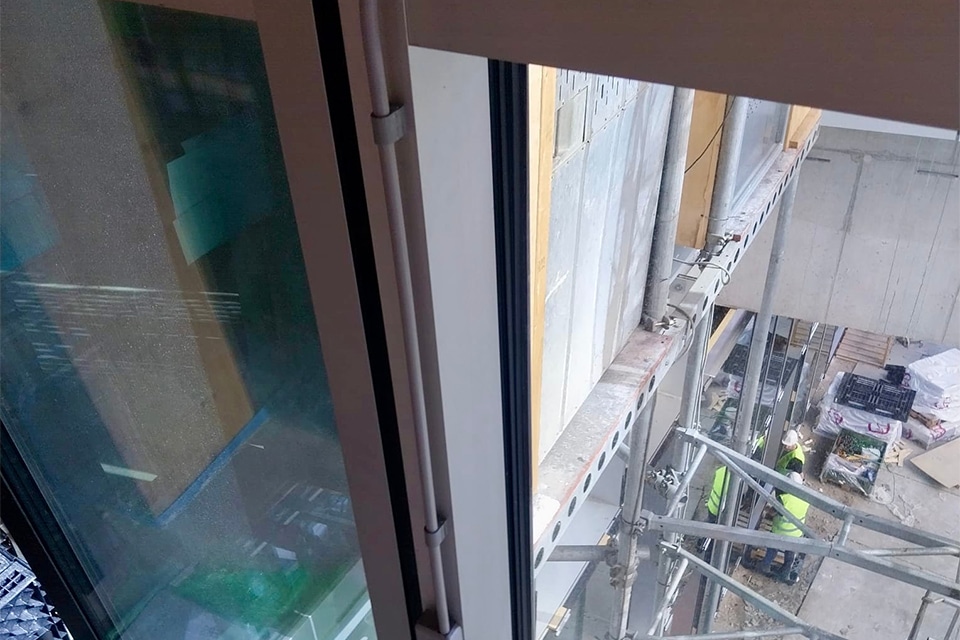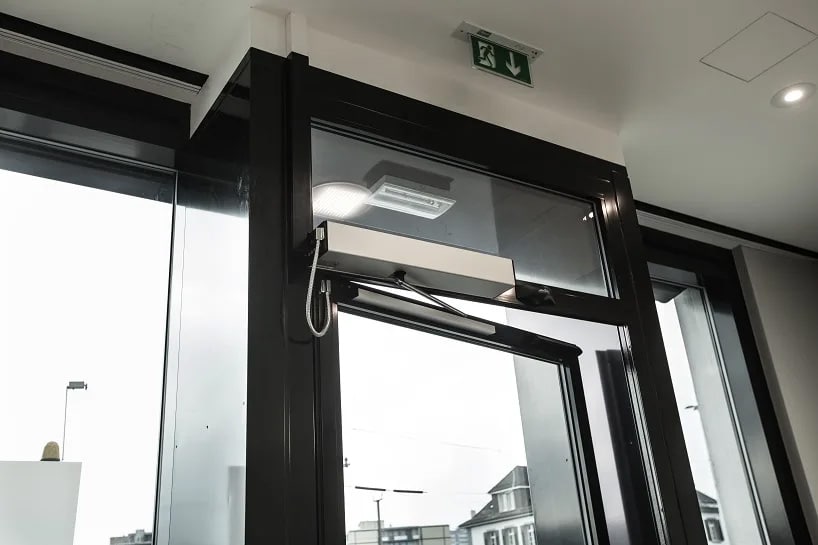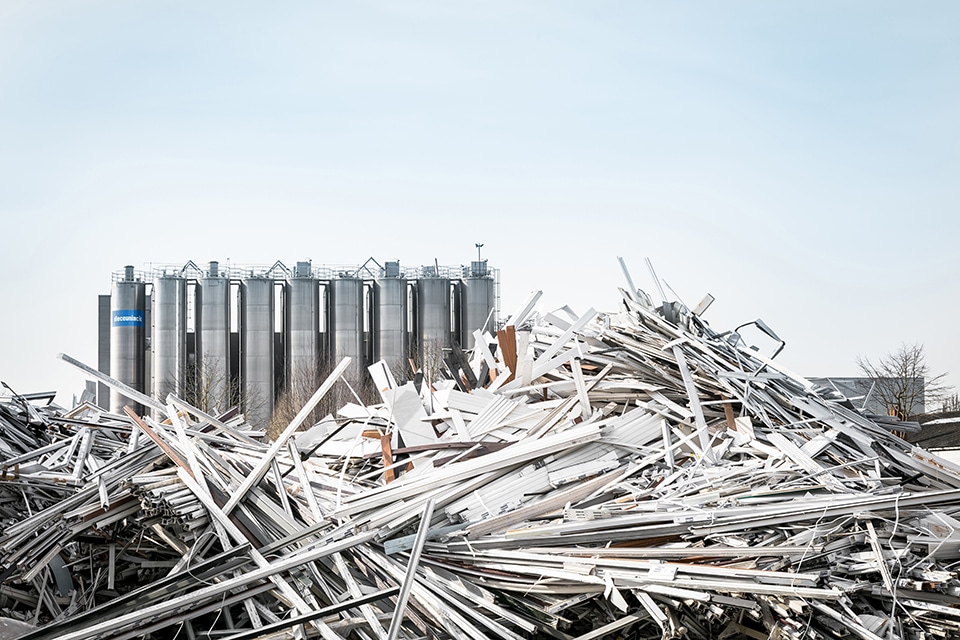
Tips for working on carbon footprint yourself
Reducing Emissions Using COOLSTOFCALCULATOR
Sustainability has been a key word within Deceuninck's activities for years. This is evident from, among other things, the commitment to the Science Based Targets initiative (SBTi), the pioneering recycling program and the incorporation of recycled material in the Elegant range that makes buildings more energy efficient. However, this sustainability extends across the entire value chain: from raw material to finished product. That is why Deceuninck developed the Carbon Calculator, an intuitive tool with which window manufacturers and installers can calculate their own carbon emissions and take measures to reduce them.
More and more attention is being paid to sustainability, recycling and circularity and that from different angles: people, governments and industry. Deceuninck also likes to do its part and has therefore been keeping the CO2-footprint of the production process continuously.
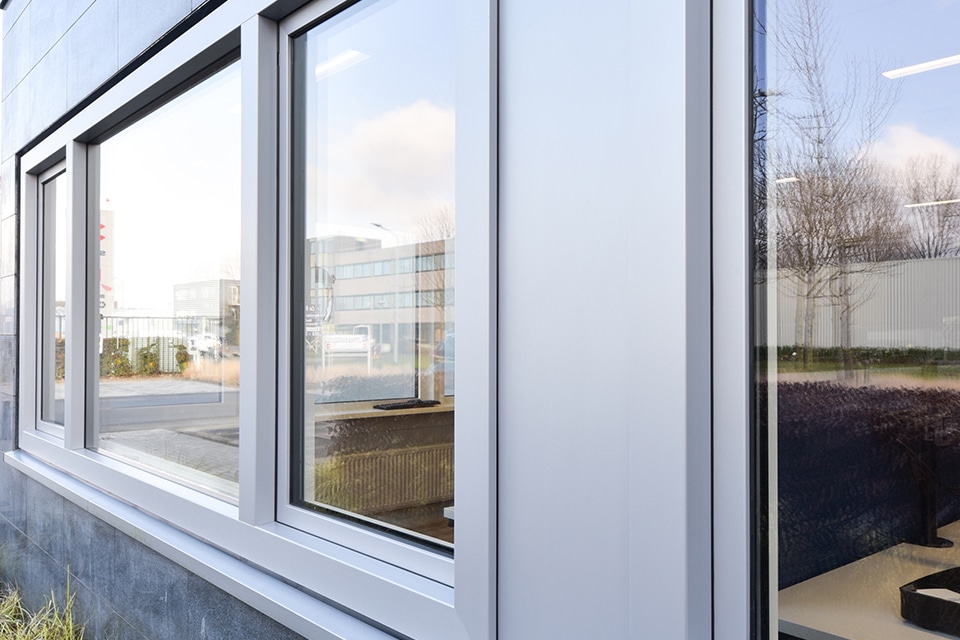
"Since 2019, we have been calculating this carbon footprint ourselves using the Greenhouse Gas (GHG) Protocol, a global standardized framework. This does not lay wind eggs because this follow-up and targeted investments have allowed us to significantly reduce emissions. Our objectives in this area are also based on and officially approved by the SBTi, a scientifically based method that shows organizations how much they need to reduce and how quickly," explains Benelux Marketing Manager Maaike Claeys.
"Our high-tech recycling plant in Diksmuide is an important link in achieving the set targets. In the beginning it produced some 8,000 tons of recycled material, in 2022 we approached the 20,000-ton mark and now the recycling capacity is 40,000 tons. We have also invested heavily in optimizing both the processes and the installations, for example by doubling the number of granulation lines and adding an extra warehouse."
Waste mountain and CO2-reduce emissions
The use of recycled material in new window and door profiles has become a must within the Deceuninck R&D department. Just think of the Elegant series and the Phoenix, which consist of 15 to 30 % and the full 100 % of recycled plastic, respectively.
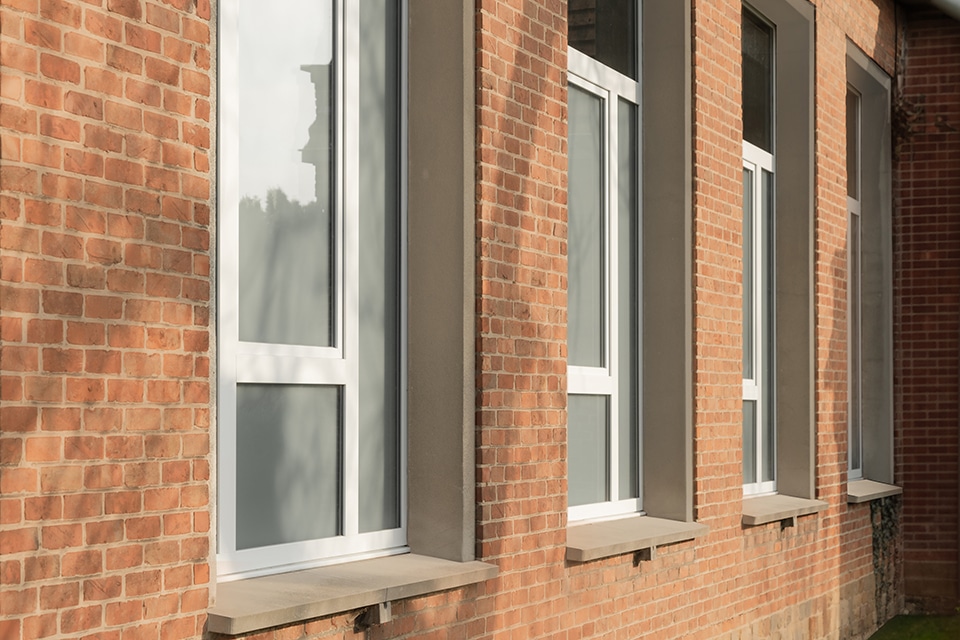
"This also has only advantages from an ecological point of view. First, 2.3 million windows do not end up in landfills or incinerators every year. The local processing of these materials - except contaminated PVC - also ensures that little or no transportation is needed and guarantees the high quality of the recycled plastic. And compared to the production of new material, a recycling process 90 % uses less energy. The CO2-emissions are therefore significantly lower," the marking manager continued.
"The quality of that recycled material is, of course, important in order to also achieve high-quality final products. That is why we invested in fully automated processes that remove even the smallest waste particles from the PVC. We also built co-extrusion lines where new and recycled PVC can be combined, and our R&D department continues to search for ways to increase the use of those recycled materials."
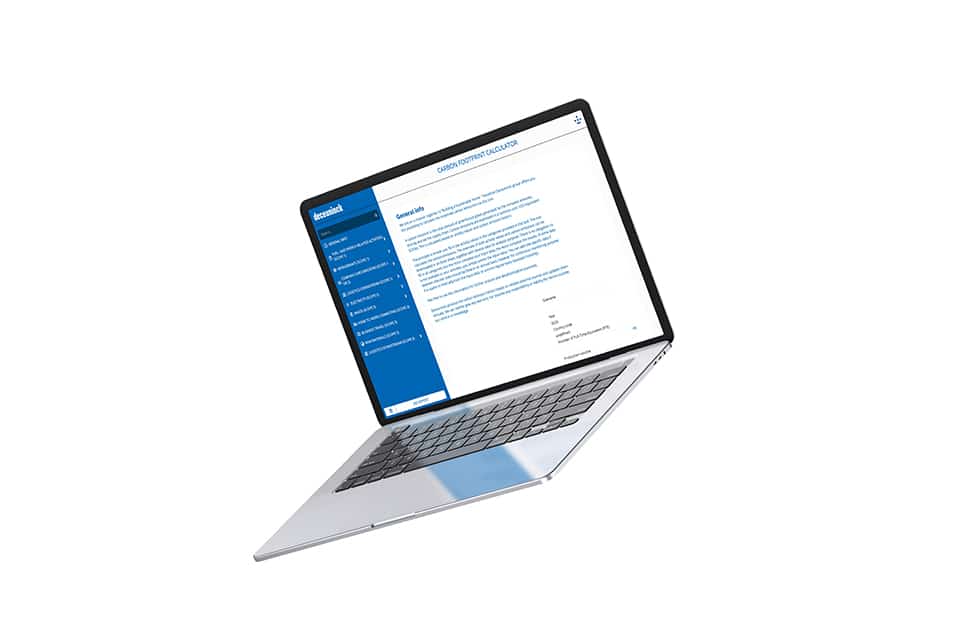
Carbon Calculator
However, Deceuninck is only one link in the entire process from raw material to finished product. It is therefore important to get other parties to think equally about the impact of their processes on the environment. This is why the manufacturer of window and door profiles developed the Carbon Calculator. This intuitive tool allows their partners - window manufacturers and installers - to calculate and reduce their carbon footprint based on the GHG standard themselves.
"The user first enters the necessary information regarding electricity and water consumption, fuel consumption of the cars, use of air conditioning, the amount of landfilled and recycled waste, logistics activities, etc., in. Then this tool calculates the total plastic emissions and also produces a report. This allows companies to take targeted measures to reduce emissions. Repeating this every year gives a clear picture of progress," concludes Maaike Claeys. "By the way, we also give our partners a number of tips ourselves, such as the use of renewable energy sources, e.g. solar and wind energy, and the choice of supply companies that also contribute to CO2-emissions thinking. Furthermore, we encourage them to recycle more, because that reduces waste. After all, if everyone does their part, society will become even more sustainable."
Heeft u vragen over dit artikel, project of product?
Neem dan rechtstreeks contact op met Deceuninck.
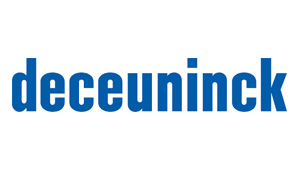 Contact opnemen
Contact opnemen
